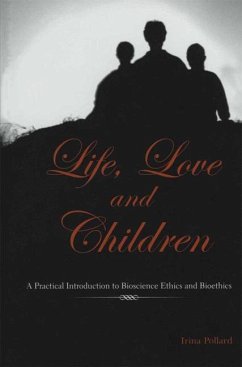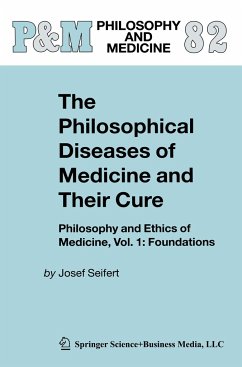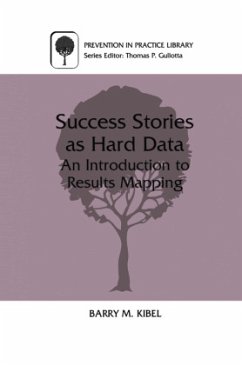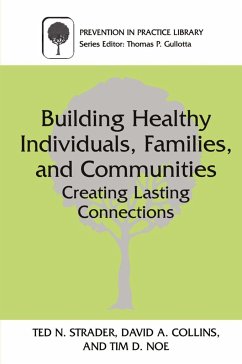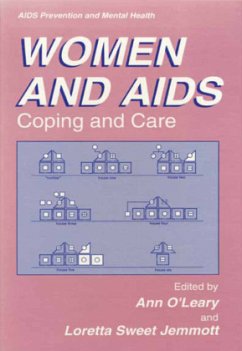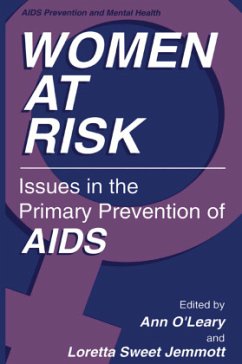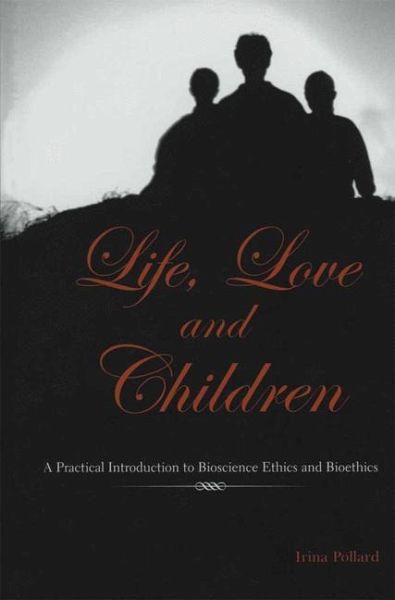
Life, Love and Children
A Practical Introduction to Bioscience Ethics and Bioethics
Versandkostenfrei!
Versandfertig in 1-2 Wochen
39,99 €
inkl. MwSt.
Weitere Ausgaben:

PAYBACK Punkte
20 °P sammeln!
Discussion of bioscience ethics requires understanding of the science that underpins biological systems impinging on our lives. Unencumbered by the formal structure of ethics, bioethics presents a forum for discussion of practical matters of individual and collective concern. This comprehensive text is a guide to the essentials of bioscience ethics and an interface between applied science and applied bioethics.Early chapters embrace topics affecting human reproduction - substance abuse and parenthood, aging gametes and congenital malformations, child abuse and its biological consequences.Inter...
Discussion of bioscience ethics requires understanding of the science that underpins biological systems impinging on our lives. Unencumbered by the formal structure of ethics, bioethics presents a forum for discussion of practical matters of individual and collective concern. This comprehensive text is a guide to the essentials of bioscience ethics and an interface between applied science and applied bioethics.
Early chapters embrace topics affecting human reproduction - substance abuse and parenthood, aging gametes and congenital malformations, child abuse and its biological consequences.
Intermediate chapters deal with end-of-life care and euthanasia, human fertility, assisted reproductive technologies, genetic engineering, and cloning.
Remaining chapters challenge human-dominated ecosystems. Population growth, economic activity, and warfare - with its environmental consequences - are reviewed. A background section describes the evolution of ethical consciousness, explores the future, and proposes that the reworking of ethical boundaries can enhance mature decision-making in harmony with changing technology.
Early chapters embrace topics affecting human reproduction - substance abuse and parenthood, aging gametes and congenital malformations, child abuse and its biological consequences.
Intermediate chapters deal with end-of-life care and euthanasia, human fertility, assisted reproductive technologies, genetic engineering, and cloning.
Remaining chapters challenge human-dominated ecosystems. Population growth, economic activity, and warfare - with its environmental consequences - are reviewed. A background section describes the evolution of ethical consciousness, explores the future, and proposes that the reworking of ethical boundaries can enhance mature decision-making in harmony with changing technology.



